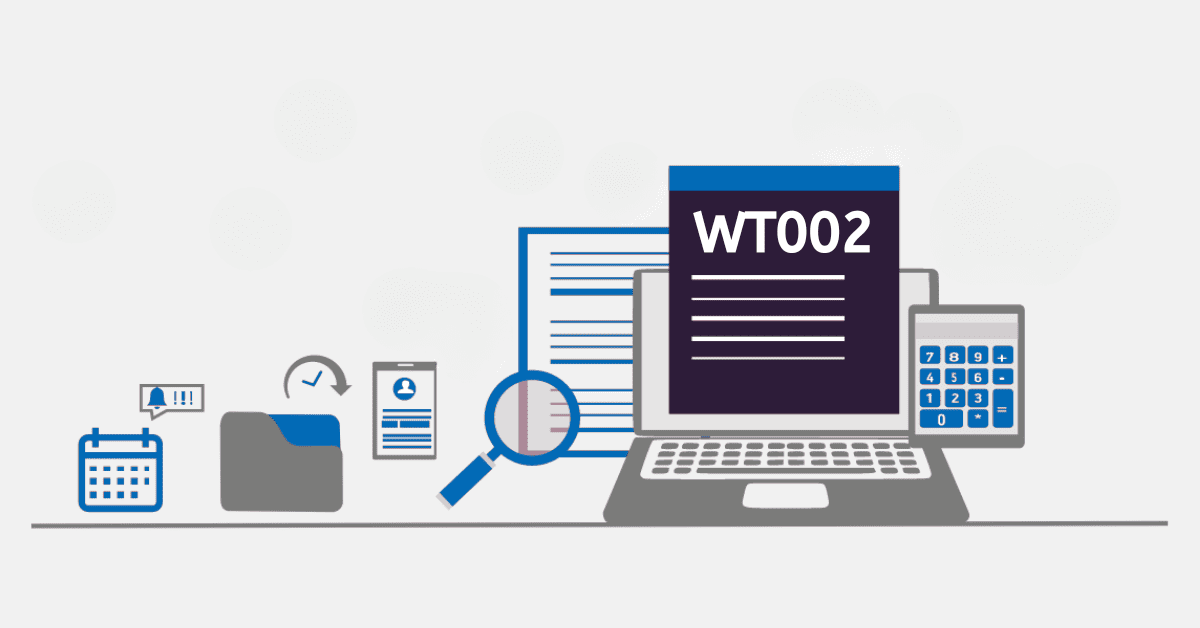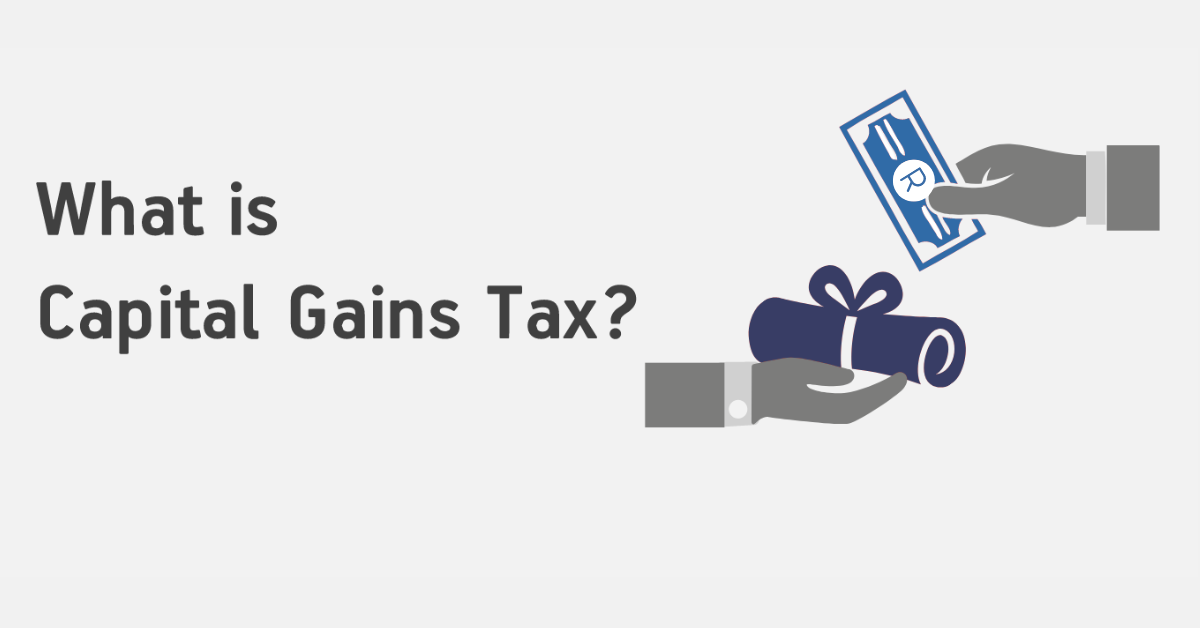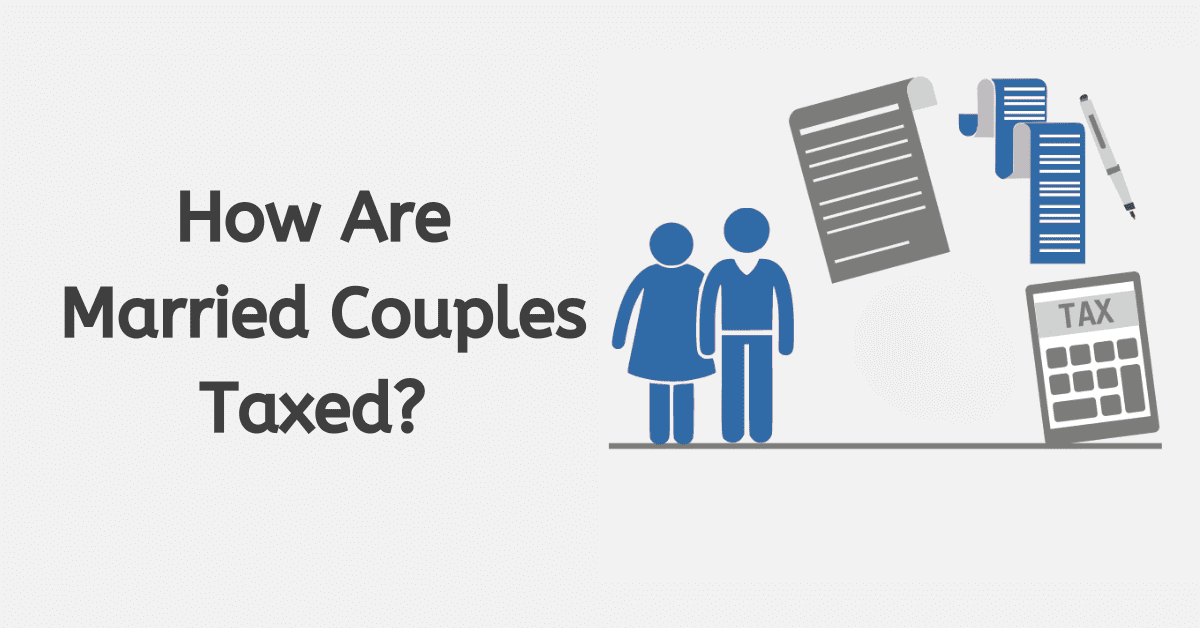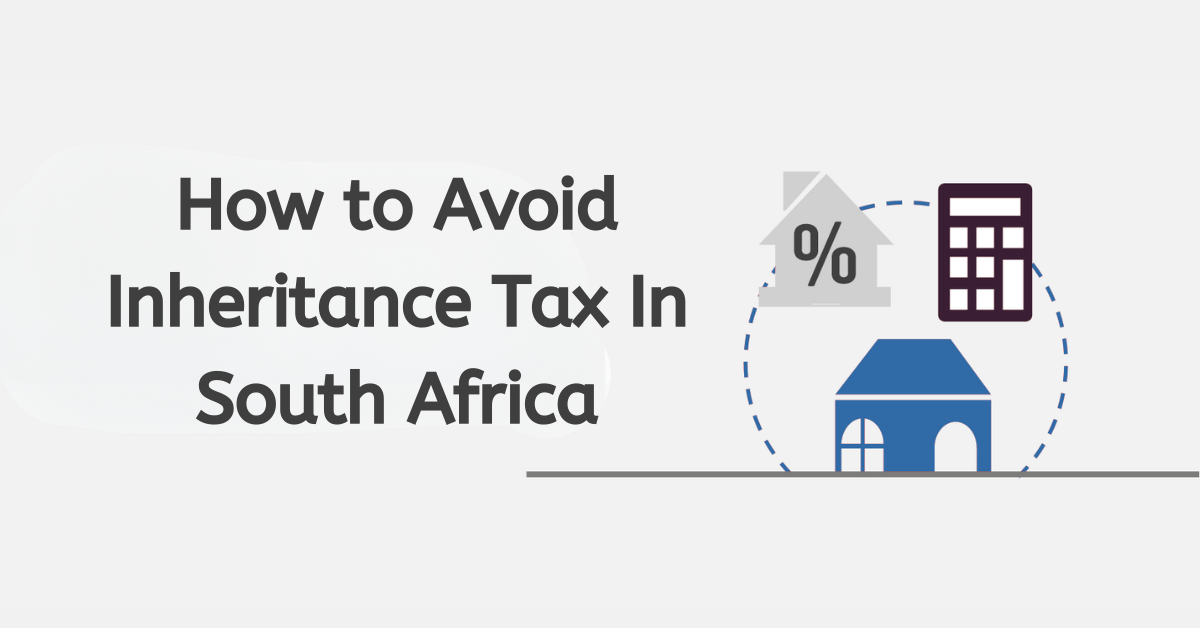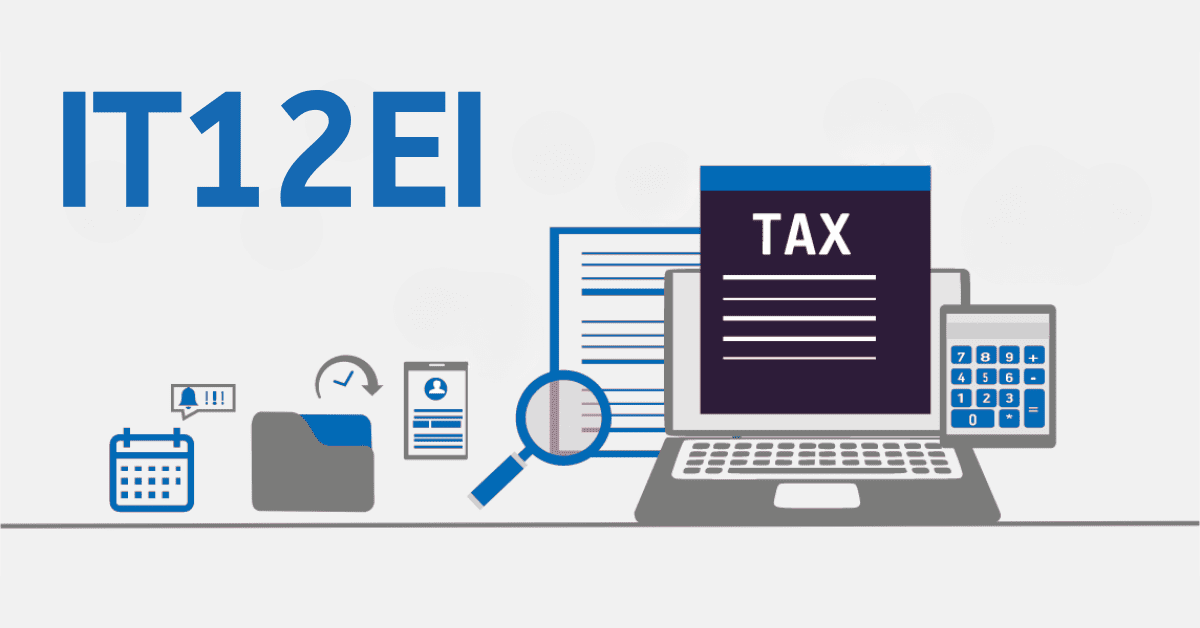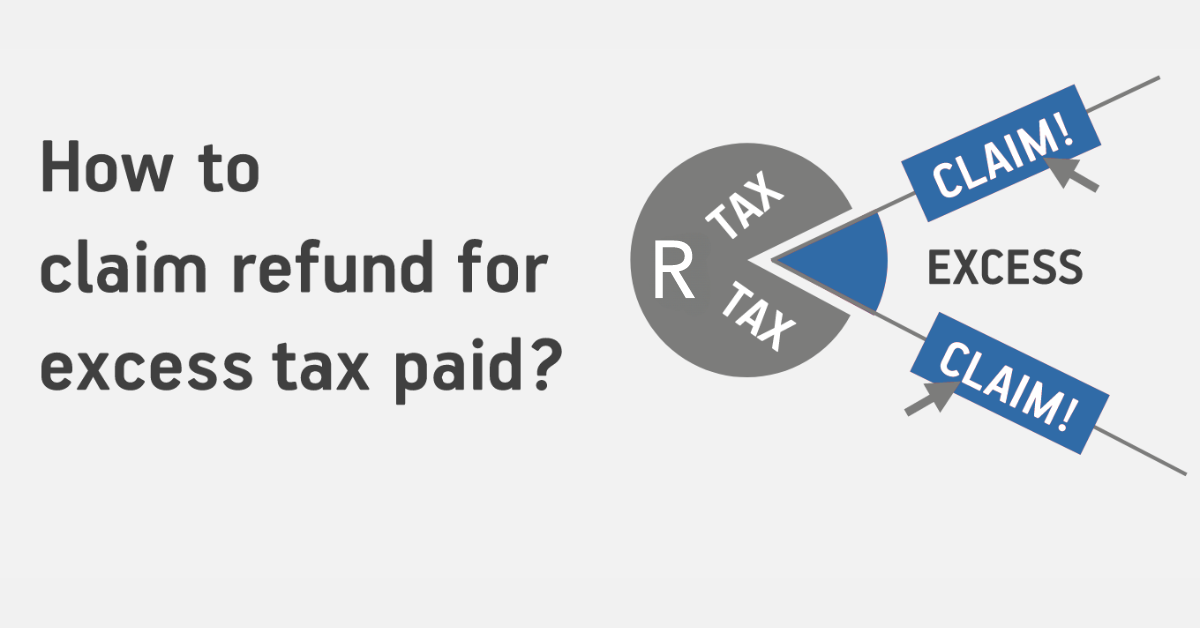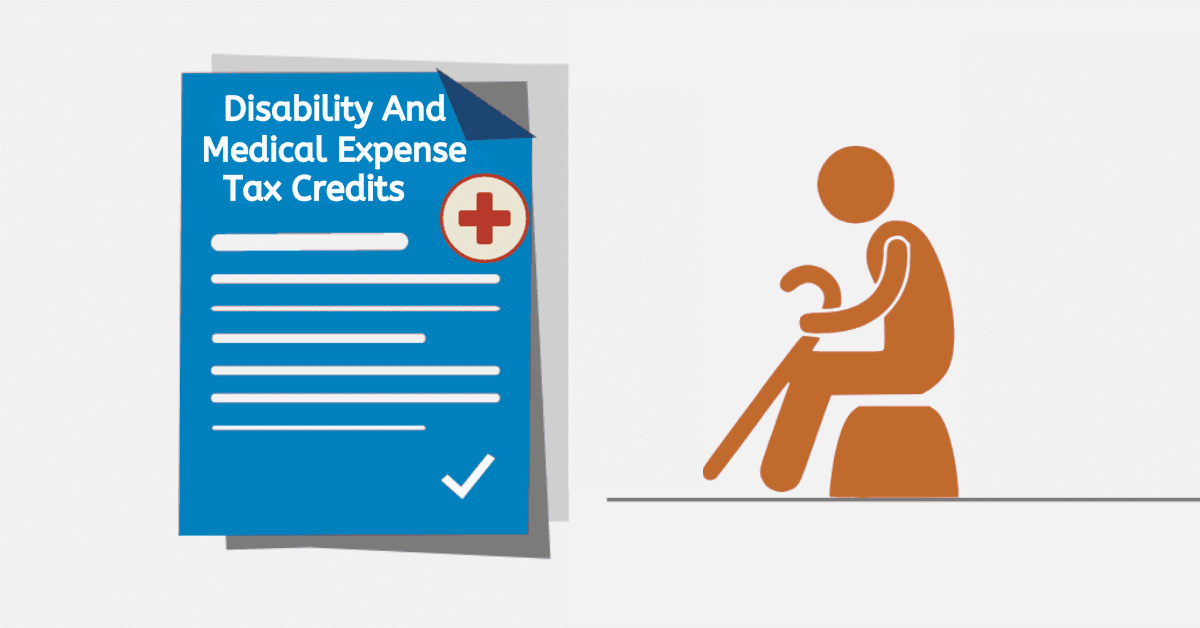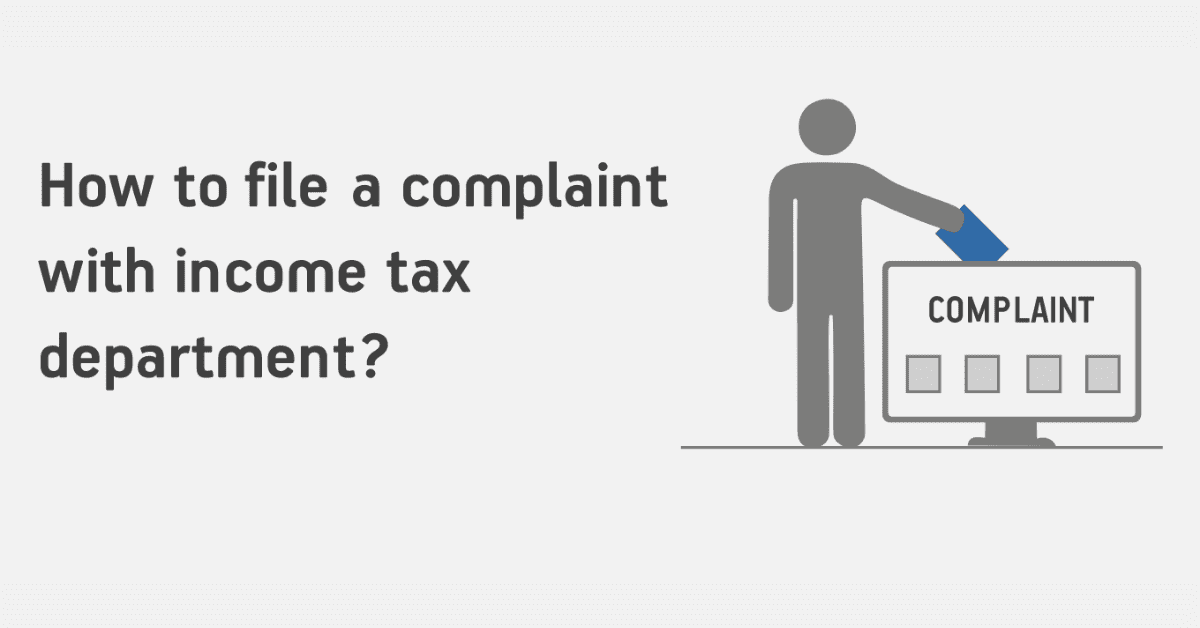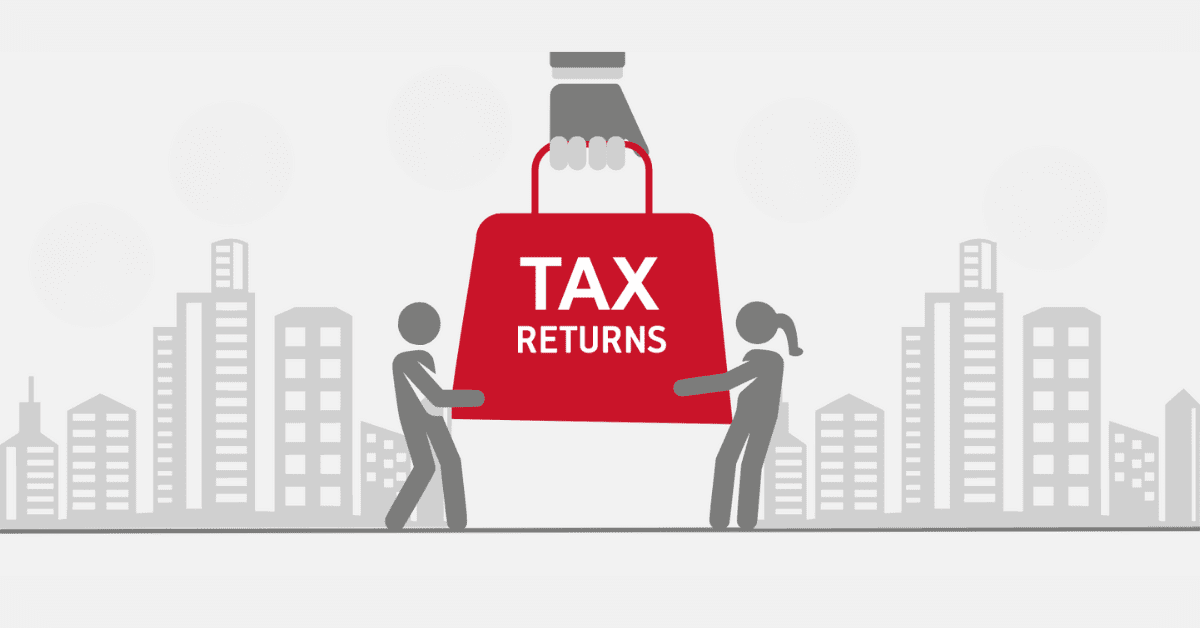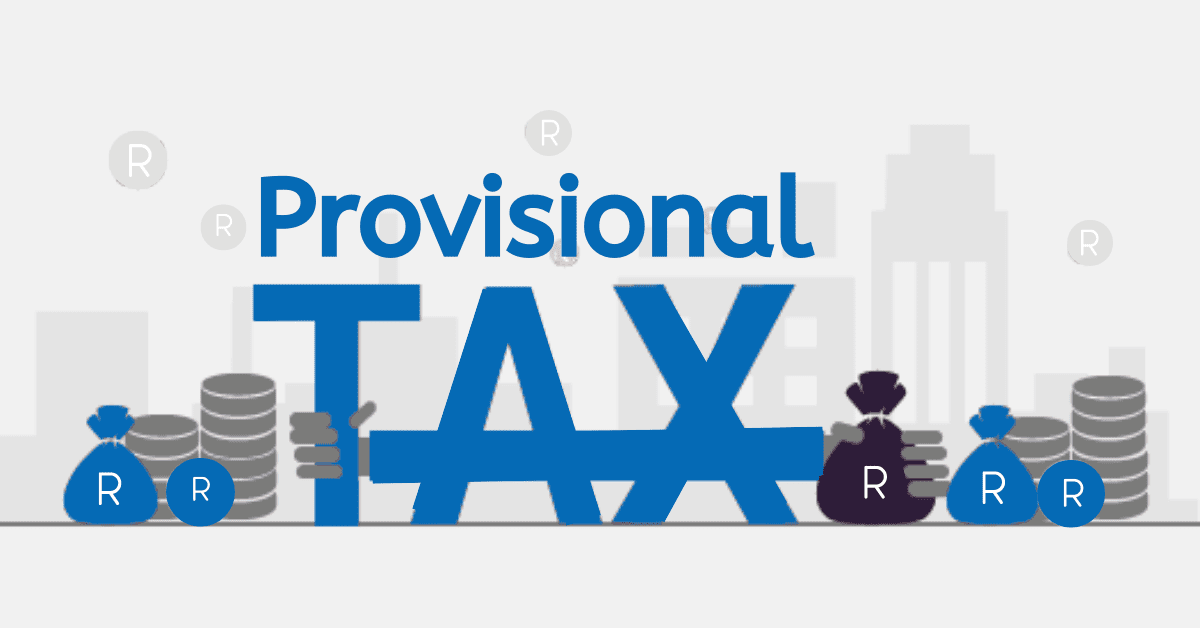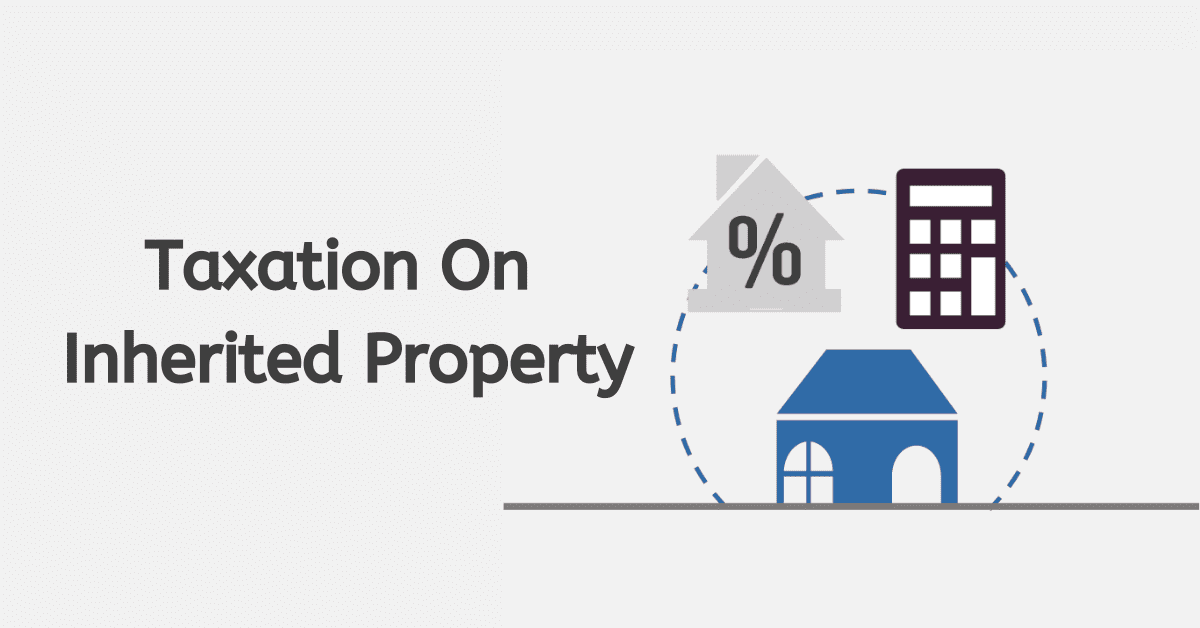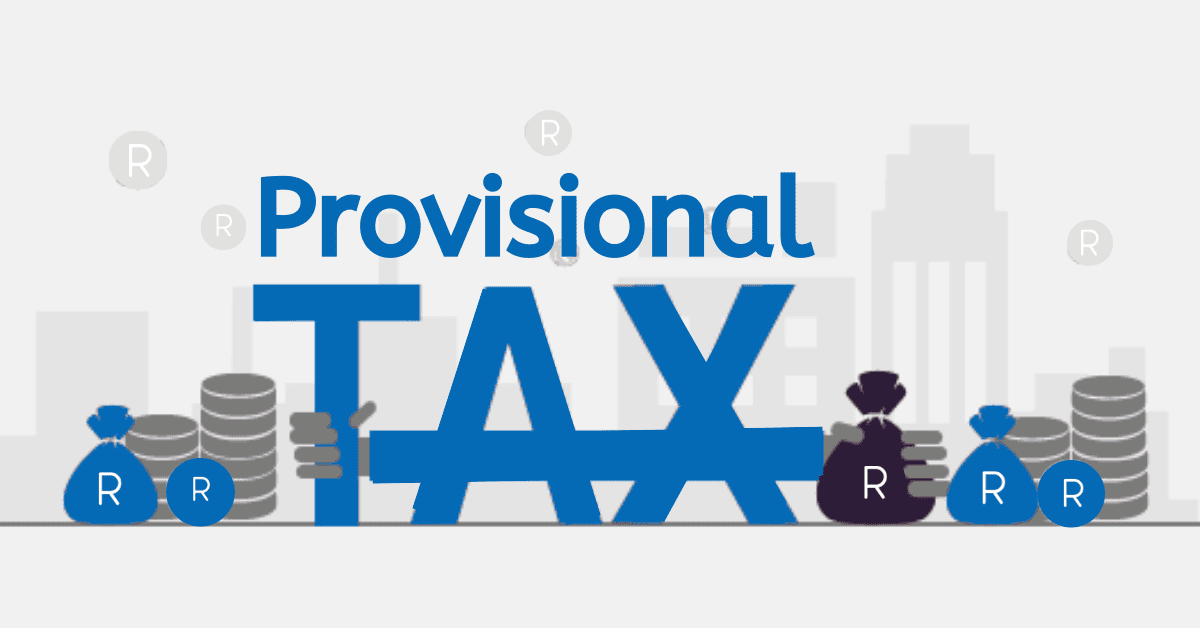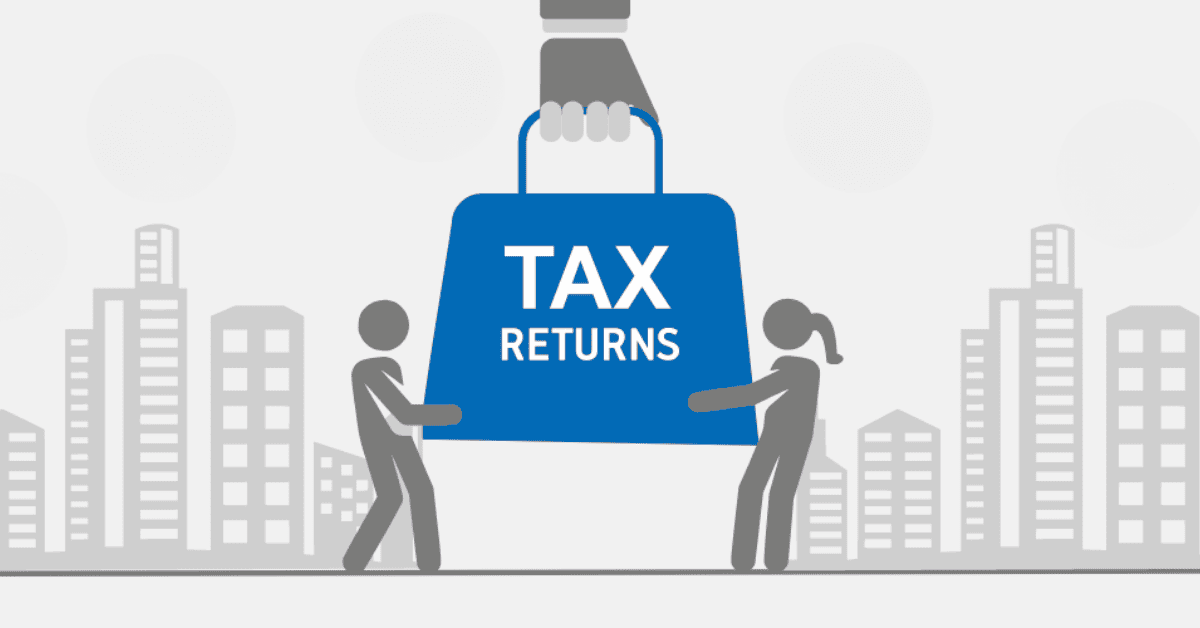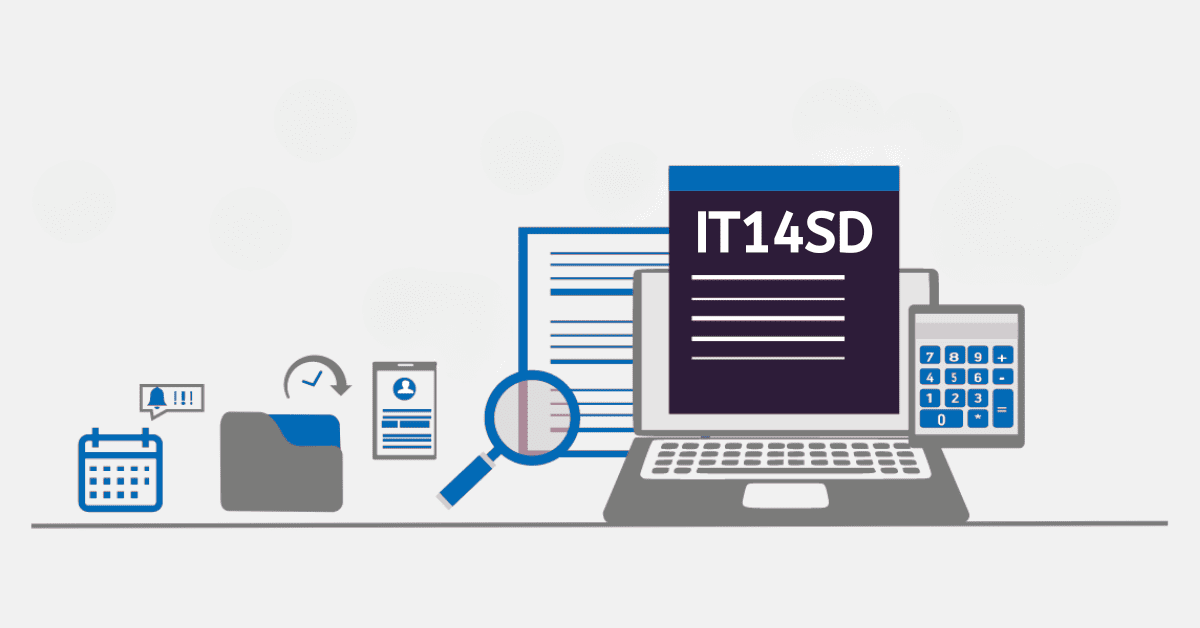Income tax matters come for us all, but that doesn’t mean we all have the same requirements for reporting in SARS’ eyes! While businesses in South Africa are also required to complete an income tax return just like individuals, the scope of the information they must report on is a lot broader. Additionally, there are business-specific deductions private individuals can’t use, and sections of the Income Tax Act that only apply to businesses with a separate legal identity (like PTY LTD companies). To keep things neat, tidy, and as simple as possible, SARS uses a different style of income tax return for companies vs individuals. The company-focused income tax return uses code ITR14.
What is an ITR14?
The ITR14 is the name given by SARS to the income tax return used by registered businesses with a separate legal identity, rather than individual taxpayers or ‘sole proprietors,’ who do not have a separate legal identity from the owner. Unlike its counterpart for individuals, the ITR12, the ITR14 is structured for businesses and includes many sections specific to business-focused parts of the tax act, expanded deductions and expenses, UIF and SDI amounts, and other matters. So while the two forms work similarly and address a similar area of tax obligations, they look very different and cover different information.
Each ITR14 will be personalized to the business, covering only areas and business sectors that apply to it, but it covers these key aspects:
- Basic details such as the company’s name, registration number, and contact information.
- A thorough reporting of all income earned by the company during the tax year, encompassing operational revenue, capital gains, and other sources.
- Comprehensive disclosure of all deductible expenses, including operational costs, depreciation, and allowances.
- Utilizing the provided information, SARS calculates the company’s tax liability or potential refund.
- The ITR14 requires the submission of the entity’s balance sheet, income statement, and other financial statements as well. This is a valuable fraud detection tool for SARS, as well as giving shareholders and interested parties a good sense of the company’s financial health.
How to Complete the Income Tax Return (ITR14)
Completing the ITR14 income tax return for businesses is a very similar process to that of individuals, just with more depth and different details. Before filling in your ITR14, you should gather all relevant documentation, including financial statements, invoices, and proof of expenses.
You will then log in to SARS eFiling using the company’s credentials. If the entity is not yet registered on e-filing, the registration process should be completed beforehand. Remember, these companies have a separate legal identity, unlike simpler business structures like the sole proprietorship, and so need their own tax number
You will then select the tax year for which the ITR14 is needed. Remember, SARS names the tax year for the year it ends in. Therefore, income earned between March 2026 and February 2026 is the 2026 tax year and needs the 2026 ITR14 return, not the 2026 version.
Head to the ‘returns’ section and request the right return. You will be guided step-by-step through the form by SARS’ form wizard. Make sure you understand concepts like turnover, allowable expenses, and capital gains. If you are asked for supporting documents, attach them. You can then click the ‘submit’ button to file the return.
What is the Difference Between an ITR12 and ITR14?
The ITR12 is the income tax return for individual taxpayers. It is also used by ‘informal’ business structures, like the basic sole proprietorship option. Remember, these businesses don’t have a separate legal identity under the law, and so use the individual owner’s tax number.
The ITR14, on the other hand, is structured specifically for businesses with a separate legal identity from their owners or shareholders. It covers a variety of business-specific income tax areas and the additional issues they face under law.
Despite these structural and reporting differences, the intent and function of the two forms are very similar. Both address your income tax liabilities for the year in question.
How do I claim an IRP5 from SARS?
Typically, you don’t receive your IRP5 from SARS. Your employer’s responsible for providing you with a copy of your IRP5 (or IT34(A) for those who earn below the tax threshold) every year. This serves as a summary of all money paid to you in earnings throughout the year and also shows things like the UIF and PAYE deducted on your behalf by your employer.
However, some employers don’t follow the letter of the law. You may also have misplaced your IRP5 from an old employer. In these cases, you can contact the SARS helpline to explain your predicament and ask them for assistance in getting a copy from their system. You may need to visit a branch for further assistance.
